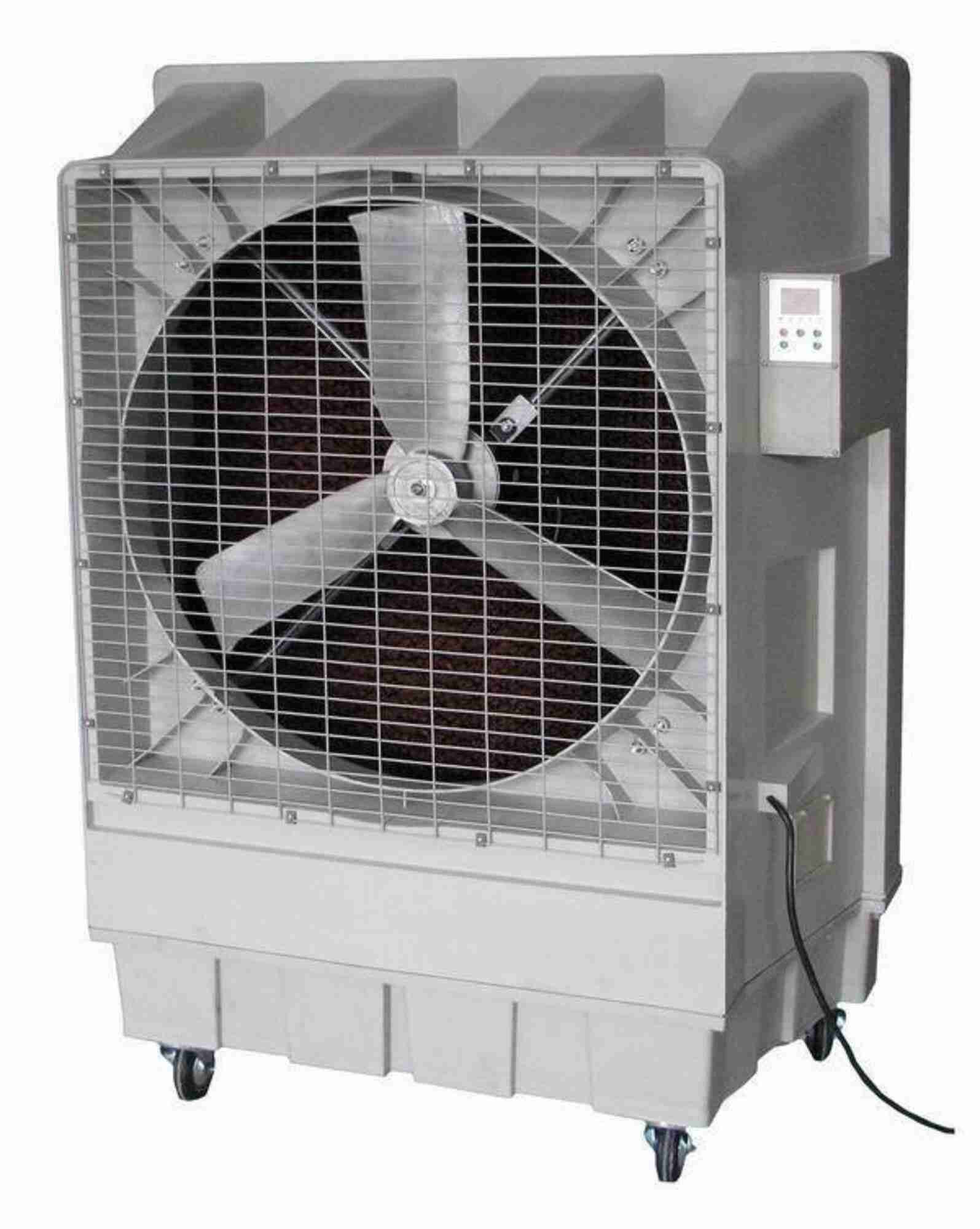Understanding Industrial Coolers: A Comprehensive Guide
Introduction to Industrial Coolers
Industrial coolers are essential components in various sectors, including manufacturing, agriculture, and data centers. They help in maintaining optimal temperatures for machinery, processes, and products, ensuring efficiency and longevity. This article delves into the specifics of industrial coolers, their types, applications, and the unique offerings of Rohhit Enterprises in this domain.
Types of Industrial Coolers
- Evaporative Coolers: Utilize water evaporation to reduce air temperature, ideal for dry climates.
- Air Coolers: Use fans to blow air through a wetted medium, cooling the air by evaporating the water.
- Liquid Cooling Systems: Circulate a coolant through a system to absorb heat from the process and dissipate it outside the system.
Key Components of Industrial Coolers
- Cooling Pads: Used in evaporative coolers to increase the surface area for water evaporation.
- Pumps: Circulate the coolant or water in the system.
- Fans: Facilitate the movement of air or coolant within the cooler.
- Control Systems: Automate the cooling process based on the temperature requirements.
Applications of Industrial Coolers
Industrial coolers play a crucial role in various applications:
- Manufacturing: Maintain equipment at safe operating temperatures to prevent overheating and reduce wear.
- Data Centers: Cool servers and IT equipment to enhance performance and prevent system failures.
- Agriculture: Used in greenhouses to control the climate, promoting optimal plant growth.
- Storage Facilities: Keep perishable goods at the right temperature to prevent spoilage.
Advantages of Using Industrial Coolers
- Energy Efficiency: Generally consume less energy compared to traditional air conditioning systems, especially evaporative coolers.
- Cost-Effective: Lower initial setup and maintenance costs.
- Environmentally Friendly: Use water as a cooling medium, reducing the use of refrigerants that can harm the environment.
- Scalability: Can be scaled up or down based on the cooling requirements of the facility.
Disadvantages of Industrial Coolers
- Climate Dependent: Evaporative coolers are less effective in humid climates.
- Regular Maintenance: Need regular maintenance to ensure efficiency, including pad cleaning and replacement.
- Water Usage: High water use can be a concern in areas with water scarcity.
Rohhit Enterprises: Pioneering Industrial Cooling Solutions
Rohhit Enterprises stands out in the industrial cooling market with its innovative solutions tailored to meet diverse industrial needs. Here’s what sets them apart:
- Custom Solutions: Offers customized cooling solutions based on the specific requirements of their clients.
- Quality Products: Ensures high-quality components are used in all their coolers for enhanced durability and performance.
- Comprehensive Service: Provides excellent after-sales service and maintenance support to ensure customer satisfaction.
- Energy-Efficient Designs: Focuses on developing energy-efficient coolers that reduce operational costs for businesses.
Frequently Asked Questions (FAQs)
- What is the primary function of an industrial cooler?
To maintain optimal temperatures in industrial environments, preventing equipment damage and enhancing process efficiency.
- Can industrial coolers be used in any climate?
While they can be used in various climates, evaporative coolers are more effective in dry, arid regions.
- Are industrial coolers environmentally friendly?
Yes, especially evaporative coolers, as they use water as a cooling medium and have lower energy consumption.
- How often do industrial coolers need maintenance?
It depends on the type of cooler and the environment in which it is used, but generally, they require regular checks and maintenance.
- Can industrial coolers be customized for specific needs?
Yes, companies like Rohhit Enterprises offer customized cooling solutions to meet specific industrial requirements.


